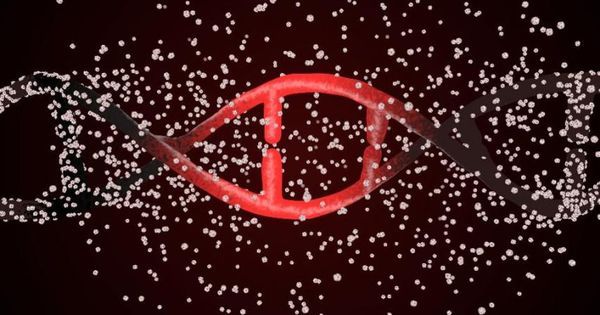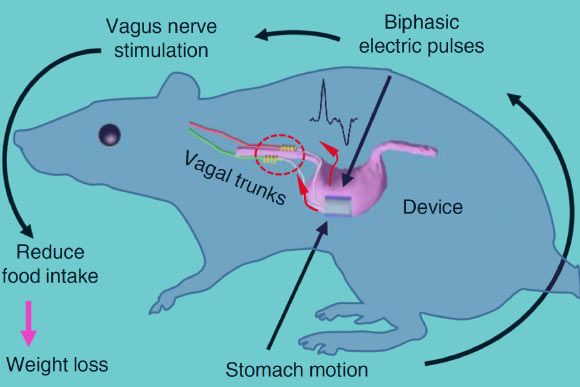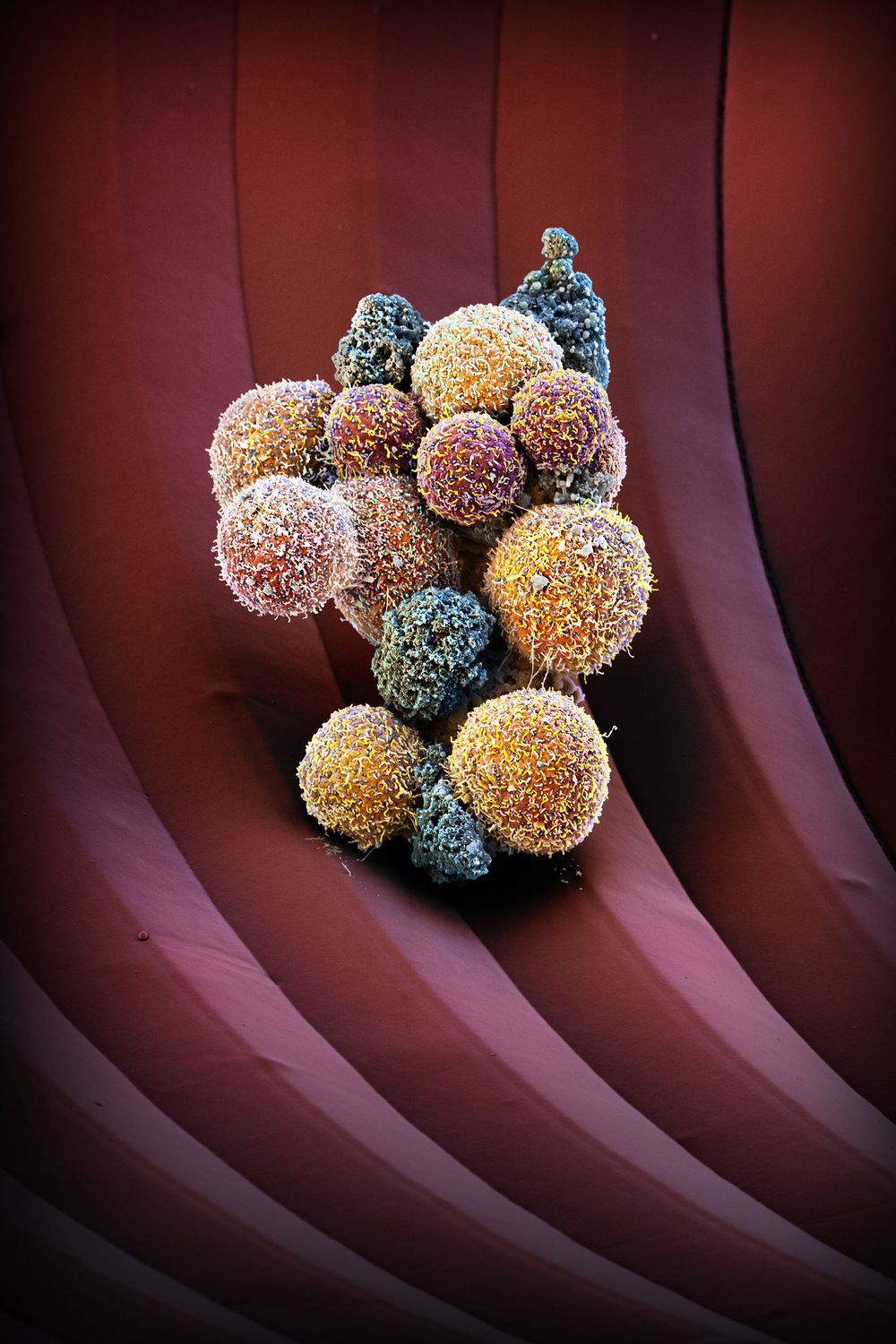Morad said in its infancy, AEBi was essentially “doing what everyone else was doing, trying to discover individual novel peptides for specific cancers.”
But then Morad and his colleague, Dr. Hanan Itzhaki, began attempting to identify why other cancer-killing drugs and treatments didn’t work or eventually failed. And they say they’ve found a way to counter that effect.
Morad said most anti-cancer drugs attack a specific target on or in the cancer cell. “Inhibiting the target usually affects a physiological pathway that promotes cancer. Mutations in the targets – or downstream in their physiological pathways – could make the targets not relevant to the cancer nature of the cell, and hence the drug attacking it is rendered ineffective,” he told The Jerusalem Post.








